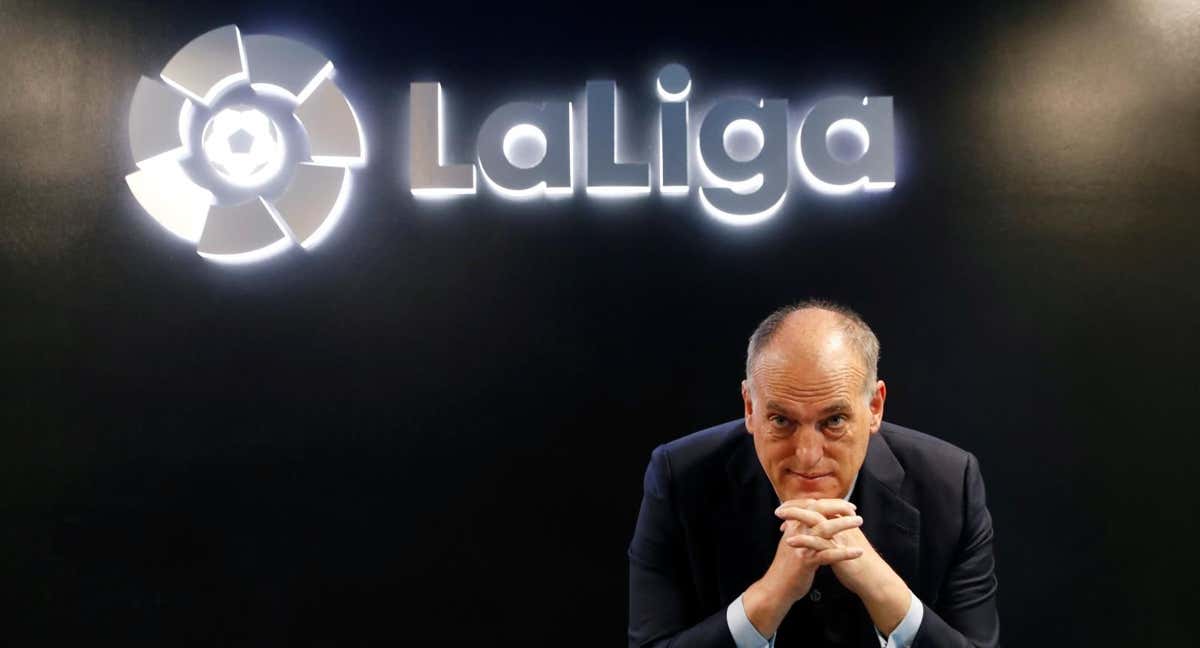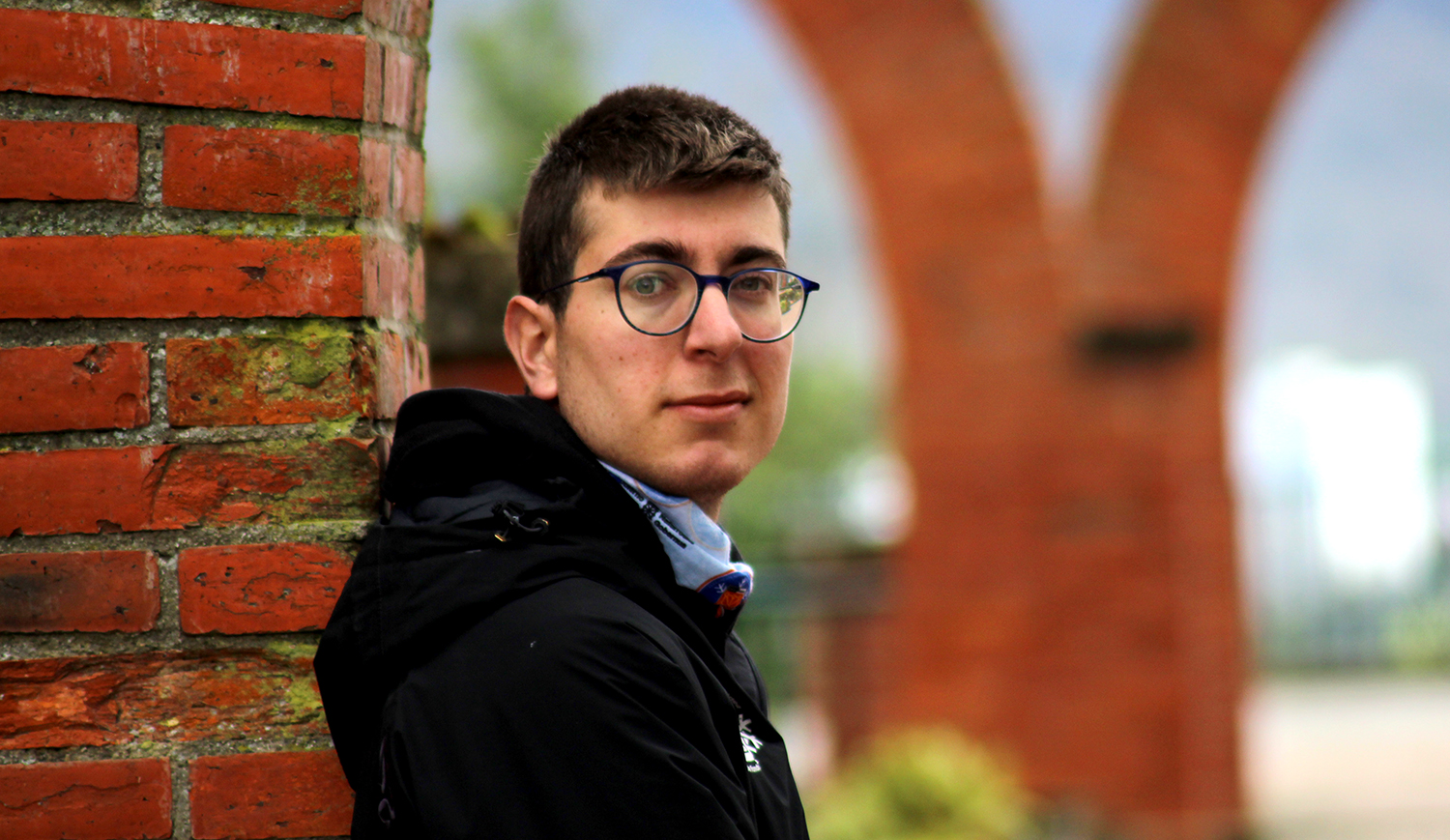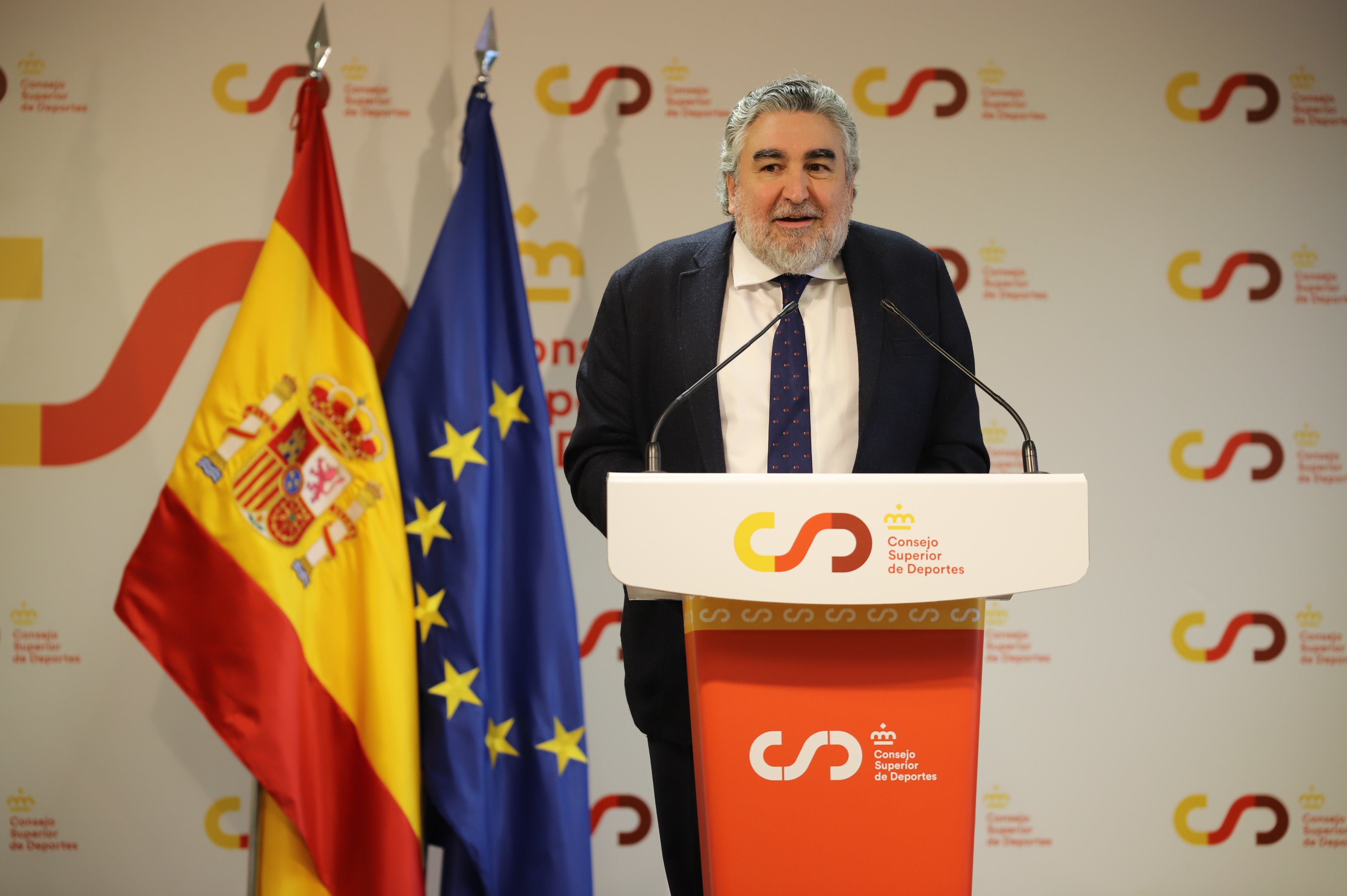"More than thinking about what we've done, we have to think about what we can do."
- Despite having suffered a hard blow in life, Antxon Arza is a young man of all life, joyful and optimistic. Magnetic. When you talk to him, you will notice that the internal battery is charged with positive energy.

Amateur sport from a young age?
Yes. We started going with the parents to the mountains of the Comarca of Pamplona, it was the custom of every Sunday. Then I started swimming. I went to work for about five years, until I got tired. So I met cross-country skiing and climbing, and I started doing it very well. At the same time, I was dedicated to mountain biking and speleology. In 1984, I went to Himalayas and there I picked up the typhus. When I came back, I went for a walk to regain my strength. I first entered the Atarrabia River, where the Ultzama and Arga rivers converge.
Until then I was working with my parents at the company Onena selling spices and chocolate as a commercial. But I took advantage of my knowledge in the workplace and business world that I wanted to do around sport to open up a business of my own with some friends. In 1987, we created Urkan kayak to sell piraguas, and there we go. The word Urkan in Basque means “seeking water.”
Has it sold and manufactured piraguas?
For us and our friends, we made some polyester canopies at this same mill in San Andrés, as here was the headquarters of the Iruña Kayak Association, before the rehabilitation of the building. We bought a kayak and copied it. It was easy, but it was very dirty and toxic. At that time they began to manufacture polyethylene pyrhides. This was not broken and prices were also interesting. We started to bring from France and especially from Germany and opened the store on a Rochapea slope. The idea was to live from our business doing sport at the same time. So, at least every month, we brought piranzas into our cars from Germany, and on Saturdays and Sundays we taught courses. Throughout the week we were walking on the mountain and with the piranzas. Then we left the courses because more associations and people started to be organized, and we focused on selling material. At present we have 164 different models, in addition to vests, oars… in total we have about 2,000 products. It is a very nice profession. Loving your work is very beautiful.
How much does a piragua cost?
There are from 300 to 1,800 euros. They can be one, two and even three.
Has the Arga River changed a lot since then?
Yes. So I was very dirty. All the discharges from the factories were transferred directly to the river. Now it all goes through the sewage treatment plant, but maybe then you saw the dirty water coming out for two hundred parts. I was very abandoned. It didn't fix anything, and everything was filled with plastic. There are barbs everywhere today, and sometimes you also see trouts.
You've been pioneers in fast water sports.
The mentality of the mountain, that is, the passion for the new roads, we take it to the river. Until then, people walking in piragua were only engaged in competitions. We started to bring down new rivers, discovering the Pyrenees. We put together the techniques we used on the mountain and in the climbing with the pirate. We met many rivers. The French and German adventurers did something from time to time, but very little. I was doing raftings in the Alps. At that time, there were very new things here. That's how we got to know those on television, and we started making programs with them.
Twelve years in the mythical program At the edge of the impossible. How did you get into this adventure?
By chance. A girl here, Escalator Miriam García, went with them to do a session and then they proposed to do another one about the drop of guns. To do that, we went to help two friends and I met them. I explained to them what we were doing in the Pyrenees, and because they really liked it, we started doing the tests in 1988. Recordings were made between four and five hours, in 16 millimeters, for a half-hour session. I work months for a half-hour session. We held sessions on Bravas waters in Chile, Pakistan, Morocco, the Kaituma River in New Zealand, Zambeza in Africa, Indo in Asia… in a thousand places. I participated in all the speedy water sessions, both in the canyoning and in the lowering of canyons. Sometimes as a protagonist, sometimes as a camera helper or going down with the rope. It was two or three months a year.
In 2000 he suffered a serious accident in Venezuela.
It was a commercial expedition. The guides here, the guides there and 25 young people who have won the opportunity to participate in this journey. In total, we were about 50. In a water leap on the Yunuari River, about 15 meters high, I fell on the surface of the water, hitting me with all the belly of the piragua.La water surface was as hard as cement. In addition, unfortunately, there was little water. When a lot of water goes down, the water itself retains the oxygen inside, softening the surface of the water. But it wasn't, and as a result, the column was compressed and broken. He had a median specialist illness and it was he who organized the rescue. They took me by helicopter to a small hospital and there, because they couldn't do anything to me, they sent me to Caracas, 1,300 kilometers away. It had a fully broken vertebra and a pretty bad one. They made me a very good rescue and because of that I can move my legs a little bit.
What did you think at the time?
I felt like I had broken. Not only did he suffer, but he felt that he had his legs disconnected. I had like two bags of potatoes. I immediately gave the injectable Adolonta to lessen the pain. I've always hand-held a little medicine chest with hard drugs.
The column is yes, but life has not been broken.
Yes, we always have to go ahead. But most of us who have suffered such accidents do so in one way or another. 50 years ago it was very different to break the back because there were no electric chairs or special cars, the streets were full of bitumens, and skiing or going to the mountain, for example, was unthinkable. People would stay at home and die within a few months, because internal organs would also stand. At first it was very hard, but you can't stay behind. I'm happy because I've had the opportunity to live again, to enjoy my family, my friends and nature again.
Can you walk?
I usually walk a little with sticks or with the help of my friends, but for the moment alone. There is no way to cure spinal cord injuries. Today researchers are close, but there is no remedy, among other things, because Catholics do not want to use stem cells. Aznar in Spain and Bush in the United States stopped this kind of research. I'm sure if they had thrived, I would have the power to walk now. That's why I tell a lot of people: Catholics have shattered us.
A year and a half ago you got another big hit when Adi, a 15-year-old boy, died hit by a car when he was riding a bicycle.
That's the hardest part. This wound cannot be closed, and it will always be. Having to walk on the bench is hard, but it's nothing compared to the other. Maybe sometimes you think “how I’m in a chair, I’ve already paid in this life. I don’t know what, but I’ve paid for it.” And then you realize it's not. Let you come up with another major disaster that leaves the previous one small. And that's right. In those moments, family and friends are very important. Continue and continue. If you stay, the leave takes you.
Does it help you to do sport in that sense?
I go to the pool every day and that helps me stay fit and relax, but I'm not a fan. I have no obsession with sport. If you go to the mountain and bad weather, I can spend two or three days in the bag without any problems.
There is no obsession, but that requires discipline.
Yes. Also swimming is very boring. You don’t talk to anyone, you only see the Baldosinas all the time… For me, the best thing to do is to play with friends, the team, the environment, nature, walking on the mountain… but swimming does me well and that’s why I do it.
Is there ever more competition in sport?
In recent years, it has been seen that competitiveness is increasingly coming in. Recently there have been fights and stings with sherpas on Mount Everest. I understood the competition when I was young. Now we celebrate the Zarautz-Getaria Swimming Championship, but it's the excuse to play a lamb and train all year round. The important thing is to do sports every day, but some don't understand to play by playing, by playing. That goes with personality.
But at the same time, there are more and more sports enthusiasts everywhere.
There's a lot of hobby. Before, for example, only young people were looking for fast water, and now families have started doing this kind of activity. The profile of our customers has changed a lot. In Germany or in New Zealand that is terrible. It's very widespread in society and it's related to culture and education. The more culture, the more sports practice. This has changed a lot here in recent years and has to change more.
You have recently returned to TV with the interview program Living on the edge with…
Yes, in 2011 and 2012. In twelve programs we have interviewed several adventurers who have participated in Al filo of the impossible for a long time to see what they are now. I was the first interviewee and I stayed there as a presenter or a guide. Carlos Soria, 88-year-old Eduard Admetlla diver, Josune Bereziartu, Laureano Casado, Adolfo Eraso and Carmen Domínguez Glackma Elkartea, Cecilia Buil, Iker Carreras... All remain active. They've been very special interviews, and in the end I've always done a little bit of activity with them.
Do you have the possibility to continue?
It is a much cheaper formula than Al filo, but economically it is very difficult. At the moment, the new leaders have not approved the project and we do not know whether or not it will be followed up.
It also gives lectures here and there.
Yes. In them, I speak of my experiences as an entrepreneur and as an athlete. In both areas, as in life, it is very important to know what you want to do and to work together to achieve it. Illusion, teamwork, innovation, communication, how to deal with difficult times… I speak of these elements in a very personal and very exciting way. Despite the limitations, we are able to do a lot of things. More than we can't, we need to think about what we can do. On the couch at home, watching TV, you can't move forward. That's the main idea I want to convey to listeners.
What do you want to do in the future?
I want to live peacefully. I'd like to make a long journey around the world with a quad or an old car. I don't know where to go or where to start. For me, sport is an excuse for knowing the world.
Antxon Arza kirolaria eta enpresaria da, baina batez ere, abenturazalea. 1962ko apirilaren 2an Iruñean jaioa. Gazte zelarik etxeko negozioan gurasoekin espezieak eta txokolatea saltzeari utzi eta bere kirolzaletasuna bizibide bihurtu zuen piraguak salduz. Pirinioetako errekak jaitsi zituzten aurreneko gazte ero koadrila horretako kidea da. Al filo de lo imposible telebista saio ezagunean parte hartu zuen hamar urtez, harik eta 2000. urtean Venezuelako Yunuarí ibaian kayak batean 15 metrotik behera jauzi eta bi orno hautsi zituen arte. Horren ondorioz gurpil-aulkian ibiltzen da, baita eskiatzen, igerian, mendian barna quad baten gainean, eta han eta hemen hamaika hitzaldi ematen ditu enpresa alorreko profesionalen aurrean.
“Adiren lagunentzat ere oso gogorra izan da. Semea jende askoren arteko lotura zen, gauza asko egiten zuelako: irristaketa, eskia, piragua… eta mundu desberdinetako lagun aunitz elkartzen zituen. 15 urterekin lagun bat galtzea oso gogorra da mundua desegiten zaizulako. Adiren lagunekin eta haien gurasoekin egoten naiz maiz eta argi ikusten dut hori. Gaztetxo hauetako batzuek eta Saioak, Adiren arreba bizkiak, ikasteko zailtasunak dituzte orain, adibidez. Halako egoera gogorretan burua itxi bezala egiten da eta kosta egiten da gauzak ikastea. Erabateko estresa sortzen da. Nahi dudan bakarra da nire alabak, Ara eta Saioa, pertsona eta adiskide onak izan daitezela eta goza dezatela egiten dituzten gauzekin, nik egiten dudan bezala”.
Harri-jasotzearen gorakada nabaritu da azken urteetan, batez ere emakumeen artean. Gazteek harri eskoletan ikasten dute kirolean esperientzia dutenengandik. Crossfit-a, sare sozialak eta telebista faktore garrantzitsuak izan dira kirolaren piztualdian, harri eskolekin batera... [+]
Irungo Landetxa auzoko pala txapelketa mistoan, hogei bikotetik bakarra da emakumeek osatua, 40 lagunetik bi baino ez dira emakumeak: Idoia Karrera eta Loiola Zuazu. Lehiaz, txapelketa misto eta ez mistoen arteko aldeez eta joko-mailaz mintzatu gara haiekin. "Emakumeok... [+]
Lehengai anitzekin papera egitea dute urteroko erronka Tolosako Lanbide Heziketako Ikastetxe Integratuko kimika industrialeko ikasleek: platano azalekin, orburuekin, lastoarekin, iratzearekin nahiz bakero zaharrekin egin dituzte probak azken urteotan. Aurtengoan, pilota... [+]
Historia errepikatzen dela idatzi zuen Marxek, “lehenik tragedia gisa, gero fartsa moduan”. Armagintzaren eta militarismoaren inguruan errepikapen hutsa ez, espiralean goraka doan buklea ari gara bizitzen, fartsatik asko duena, eta tragedian amaitzeko gero eta aukera... [+]
Azken aldian, asteburuetan, Internet ez dabil ondo. Hasieran, zaila zen webguneei ezarritako blokeoen zergatia ulertzea; orain, badakigu Espainiako La Ligak agindu zituela, futbola modu ilegalean emititzea saihesteko. La Ligaren blokeoak euskal domeinuei eragiten dien... [+]
Orain arte desgaituak ez diren pertsonekin lehiatu da Uharteko Ipar Eski Taldeko Eneko Leyun eskiatzailea (Iruñea, 1998). 2024-2025 denboraldian, lehenengo aldiz parte hartu du Adimen Urritasuna duten Pertsonentzako Iraupeneko Eskiko Espainiako Txapelketan. Urrezko... [+]
Euskal Pilotako Nazioarteko Federazioaren eta Espainiako Federazioaren arteko gatazkak bere horretan jarraitzen duen bitartean, Jose Manuel Rodriguez Uribesek euskal selekzioaren aldeko adierazpenak egin ditu. Desadostasunak direla eta, Nazioarteko Pilota Federazioaren eta... [+]
Ertzaintzak martxoaren 13an Bilbon zauritutako bi pertsonaren testigantza jaso ditugu. Athleticen partidaren ostean larriki zauritu zituzten aita-semeak, borra-kolpeka, eta atxilo eraman zuten haietako bat. Furgonetatik ikusi zuen ertzainek nola egin zuten tiro jendearen kontra,... [+]









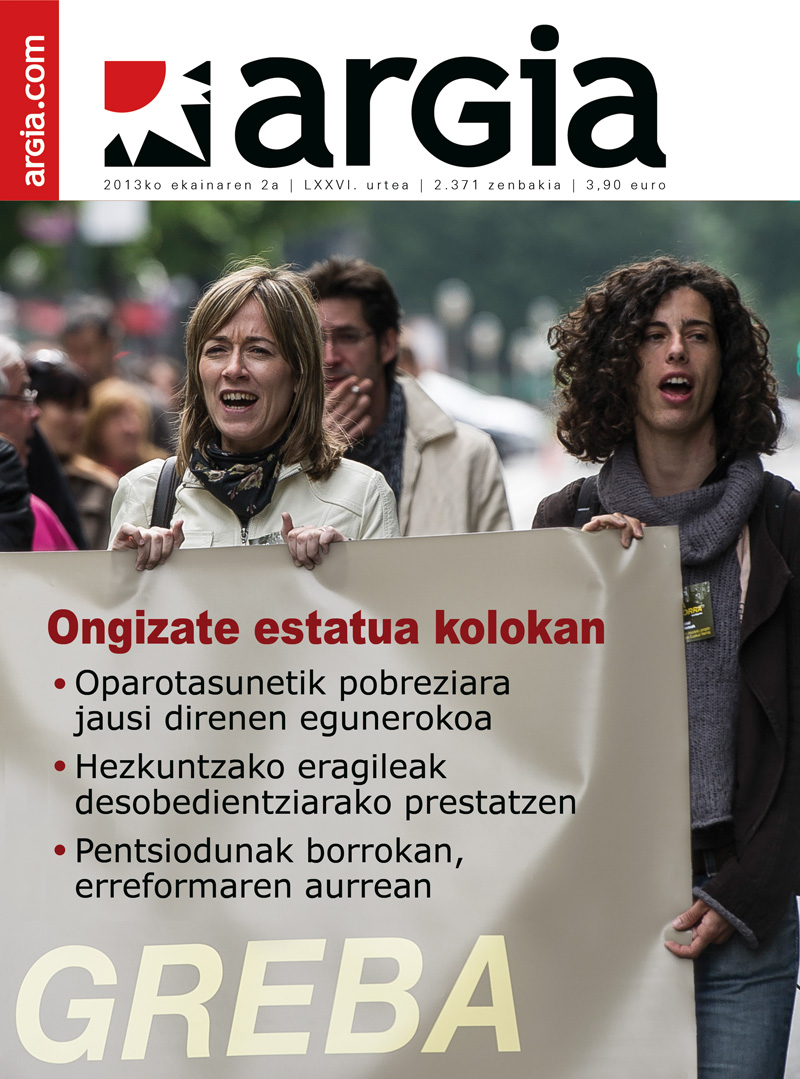



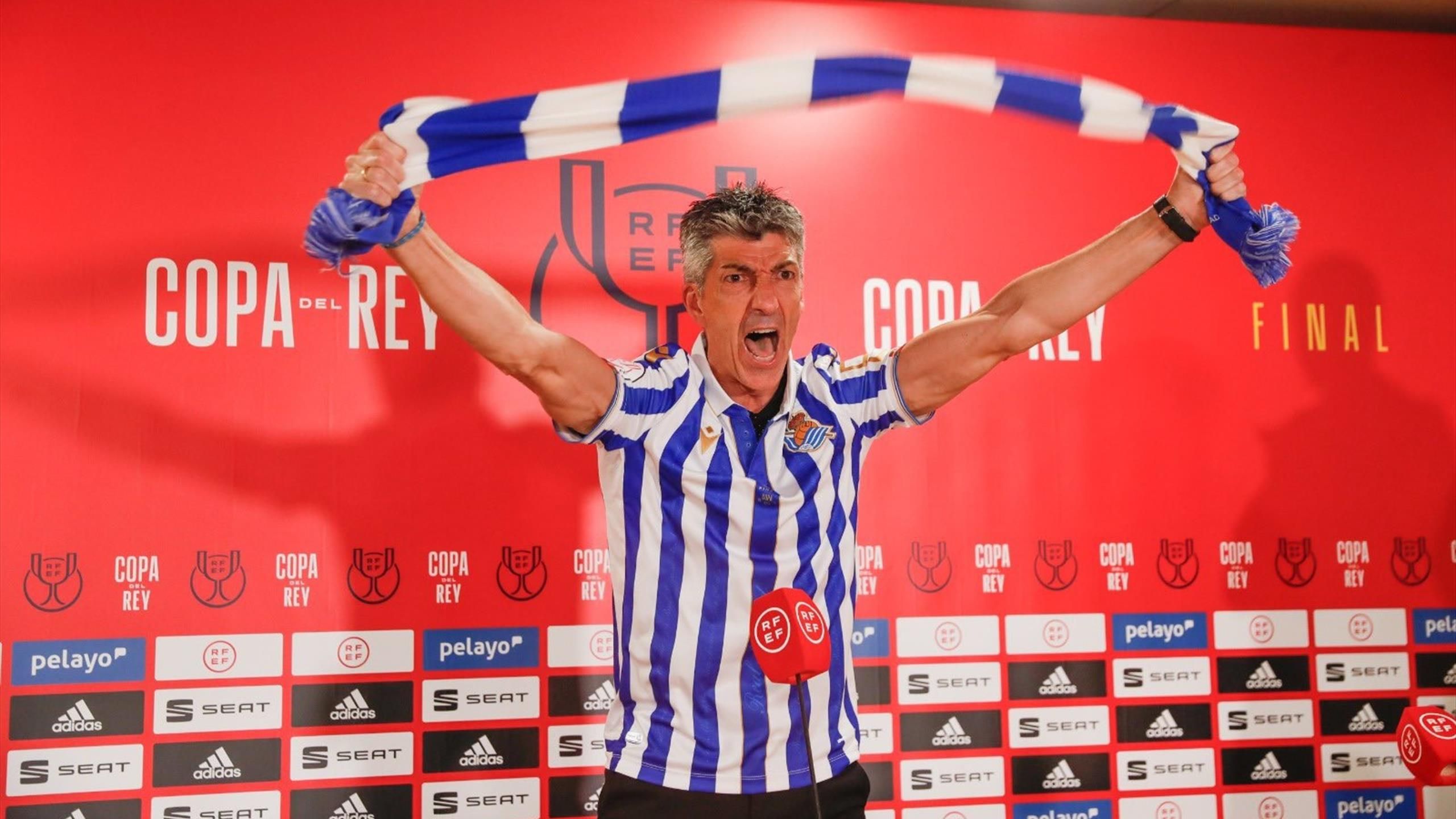
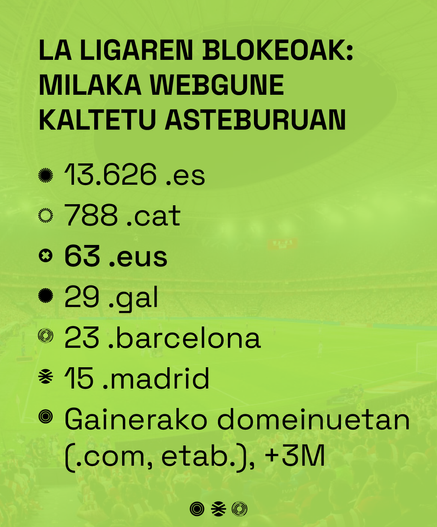

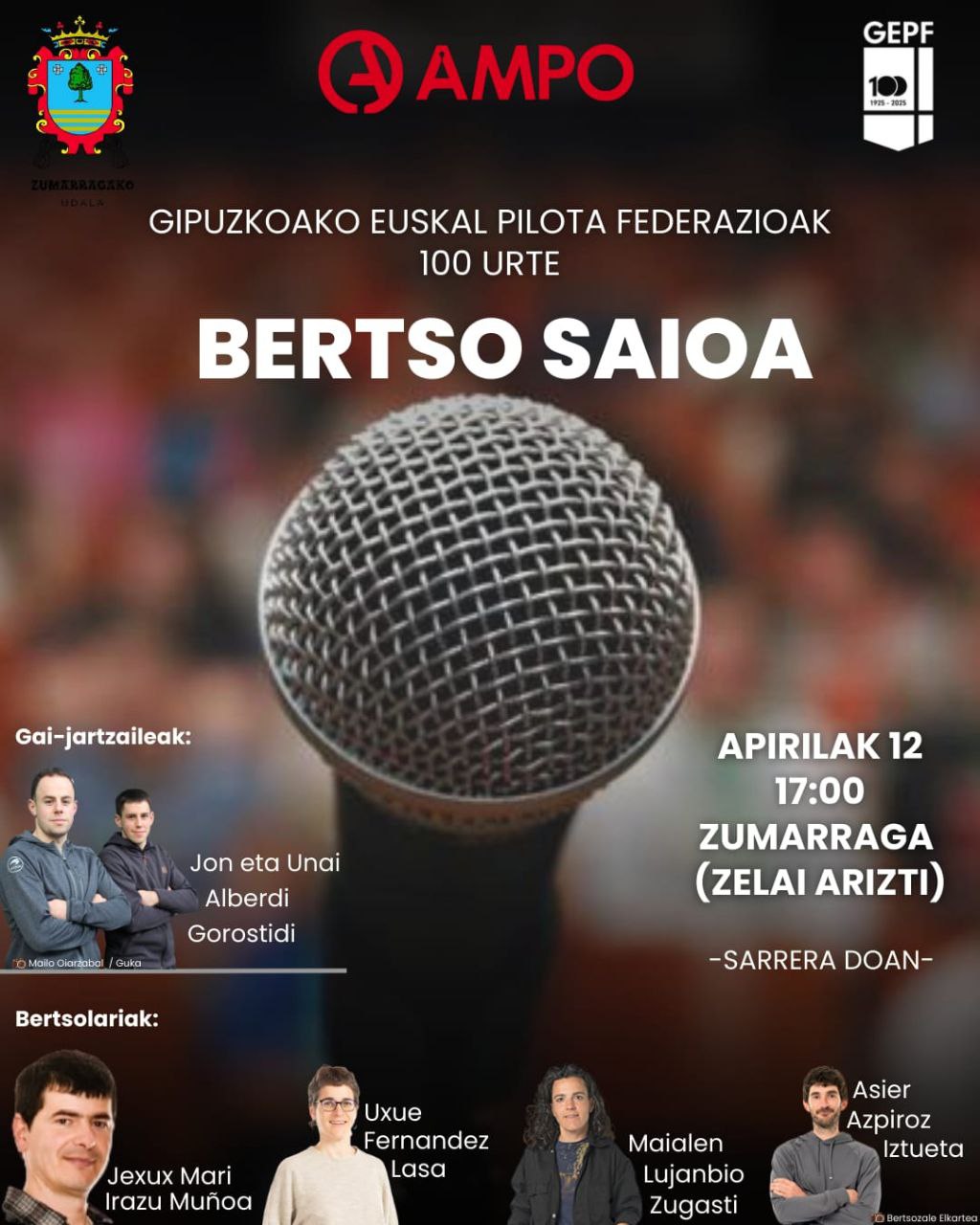

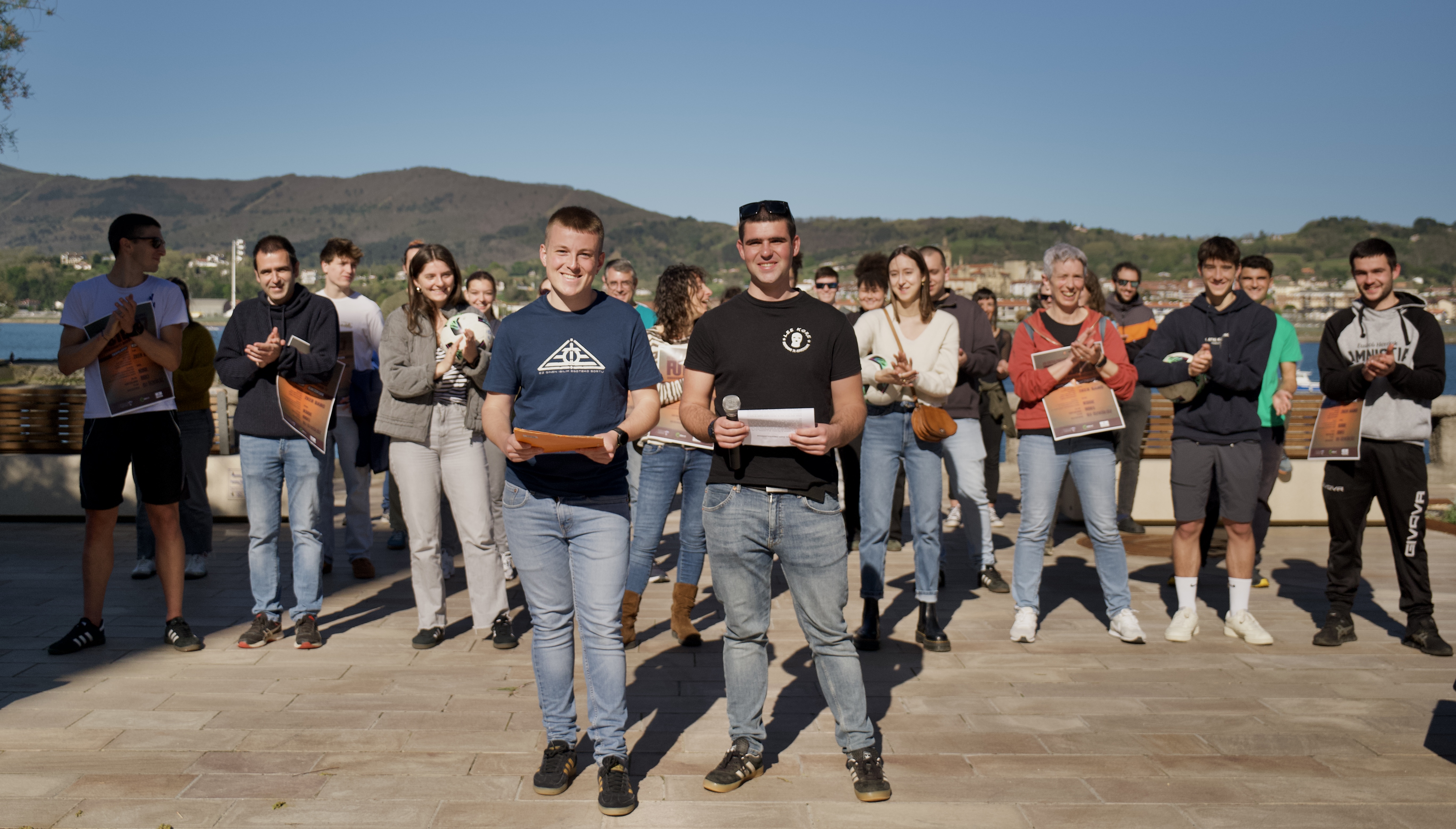

.jpg)
